Daily Inspiration
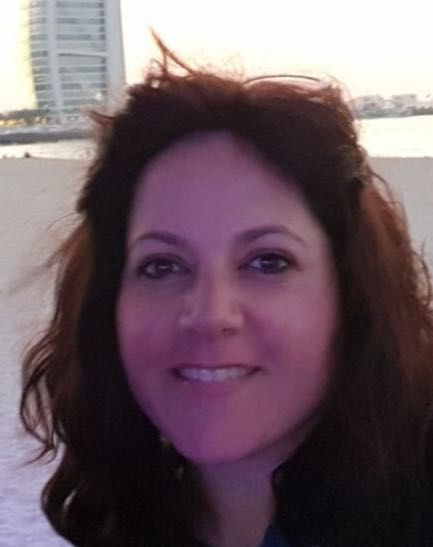
Gratitude, a Vessel for Blessings
A word from the desk of Keren Vardi, Jerusalem, Israel
In his book "Chatuf", Eli Sharabi who was abducted from Kibbutz Be’eri on October 7, 2023, and spent 491 days in Hamas captivity - starved, chained underground, and blinded to the outside world talks about the choice to stay positive. Despite the unimaginable horrors—the murder of his wife and daughters (which he only heard about after his release) and the death of his brother—Eli made a choice: to live with gratitude and he encouraged his 3 co-hostages to do so – getting an apple, not getting hit once that day, the meanest terrorist didn’t come that day etc...He later said, “Everything is a choice. Even one more crumb becomes an event… The gratitude becomes something else.”
Isn’t that the secret of emunah in shidduchim?
When you’ve waited so long, when every name leads to disappointment, when the silence is deafening - it feels like you’re standing at your own Yam Suf, surrounded by closed paths.
Chazal say finding a zivug is as hard as Kri’as Yam Suf (Sotah 2a), and the Rebbe once explained why: Because a true zivug is beyond logic. It’s not about effort - it’s about surrender to Hashem who is the true Shadchan. Just like the sea that didn’t split because someone had a plan. It parted because one person had emunah strong enough to step in anyway (see Hisvaaduyos 5747, vol. 2, p. 374).
So if all you can do today is whisper “Modeh Ani” with a broken heart - know that you’re not weak. You’re splitting your own sea. And on the other side? There’s something waiting for you that you can’t yet imagine.
L'chaim from the holy city of Jerusalem and may we all merit to see revealed miracles!
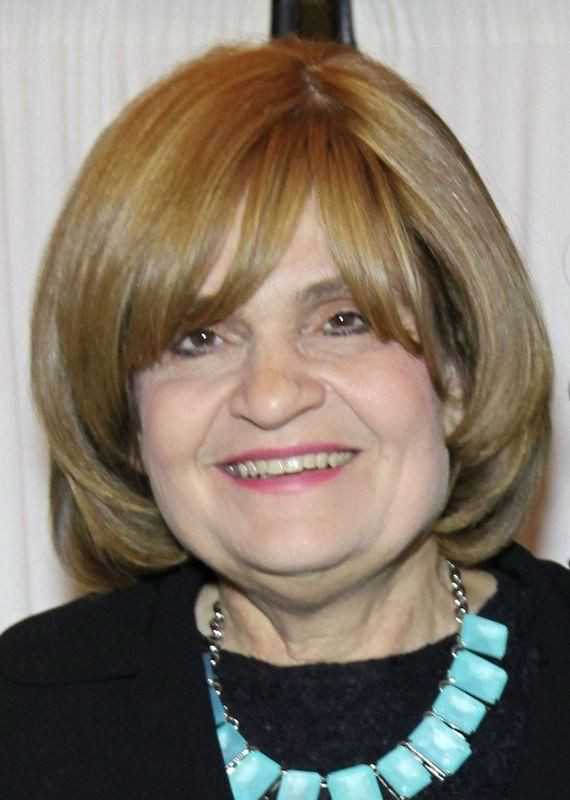
Hafrashas Challah; the Very Essence of Life
A word from the desk of Shterna Sara Balkany, New York, USA
Welcome to a world of wonder, a world of bountiful blessings, a world of joy and delight. Welcome to the world of the mitzvah of Hafrashat Challah.
Shlomo Hamelech writes in Kohelet 2:10,
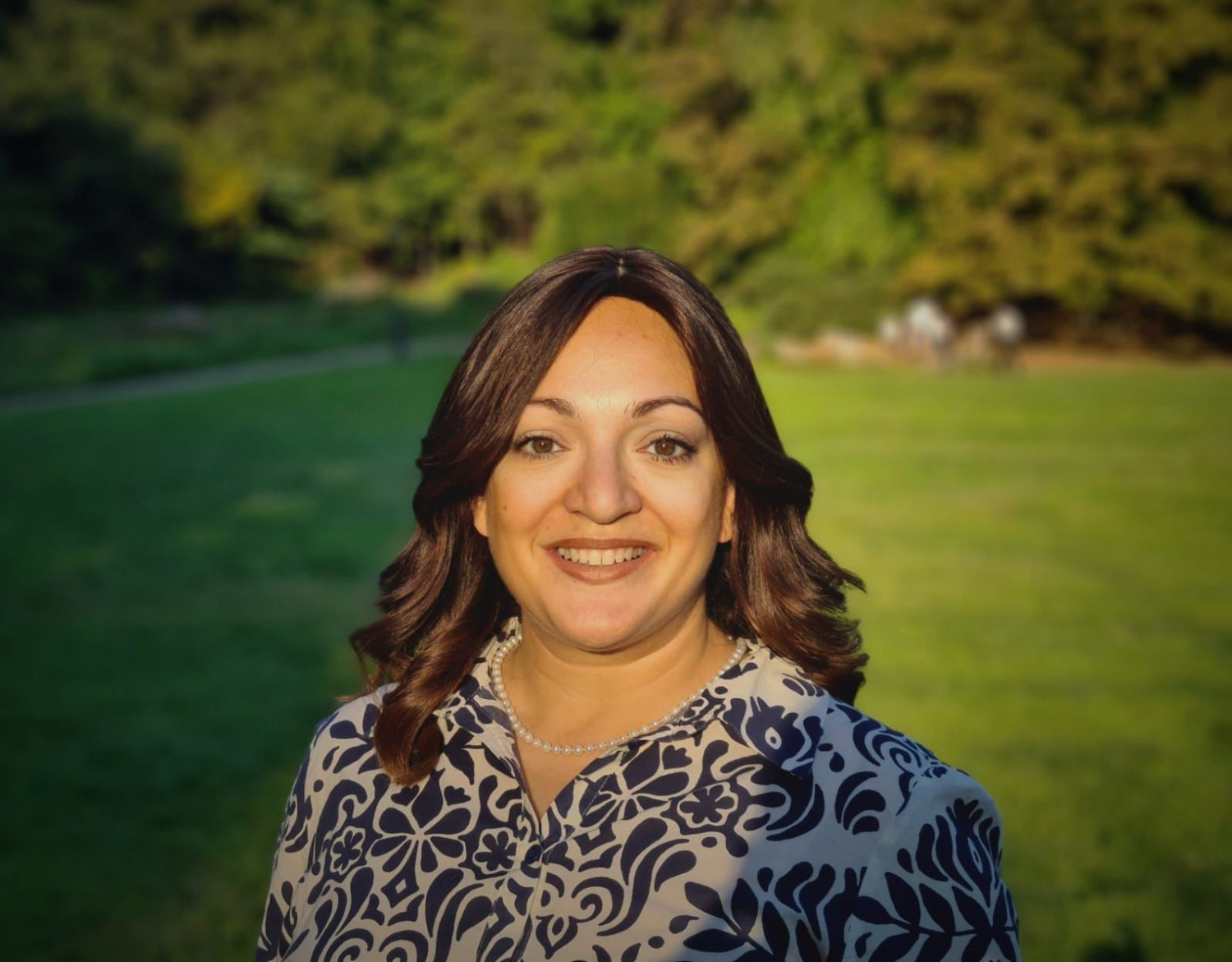
The Voice Inside
A word from the desk of Vivi Altabe, Marseilles, France
It can be a bustling Friday, or a late night bake,
The counter stands ready, covered in powdered flourdust,
I lower chin to chest, extend my hands over the warmth of the living dough,
And turning inwards, say :
Blessed are You Hashem, King of the Universe…
…I’m here and I’m not here, the words ushering me into a
World of their own, and before I can catch my breath, it’s said,
The dough pulled into a fistfull of faith and hope
and lifting my hand, gaze following suit, I declare a triumphant “Harei zou ‘Challah!“
This is my favorite time.
My hands work feverishly, as I speak over the dough.
Anything is possible,
There is so much to say, so little dough to say it over…
Somehow, it seems to me the kitchen is absolutely still.
In the silence I can hear all the beauty and goodness that can be.
The words rush out of me, they feel so close, so real,
The harshness of the world holds for a moment,
And I’m not going to miss this chance,
To build my castle with these wise words.
There’s a voice inside you, says the Zohar,
It doesn’t shout. It doesn’t impose.
It simply knows.
It knows all about you, who you are, what you can be, who you can become.
It knows what you’re worth, how deeply you’re valued and loved, even right now.
But the noise around you is louder.
Louder still is the noise within: the ache of waiting, the pain of comparison, the questions that eat away like a hollow echo— what’s wrong with me?...
Shlomo HaMelech describes man’s inner world as a little city in danger of being conquered and enslaved by a tyrannical foolish king.
Thankfully, the citizens are not helpless, and the city is not doomed, because there is a poor wise man, who can save the whole town.
He is poor in popularity, says King Shlomo, ignored, belittled, sidelined,
Because the words of the wise are spoken softly.
Because the words of wisdom, of the wisdom of your soul, whisper, gently.
And we are so used to hearing the noise, the voices that shout for attention.
The inadequacy, the expectation, the judgement.
But that inner wise voice has never left you.
In the stillness, when you are b’nachat, you can hear it speak its truth.
You are not behind, or forgotten, or alone.
This moment is not empty, or broken or wasted.
You are becoming, you are held,
new life is growing under your working hands, as you speak.
If anything can be, what would you speak into being ? Speak it.
You’re not waiting for life to begin.
You are creating it, you are already on the way.
And all along,
your soul has known the way.
Sources:
1. Zohar Chadash, Midrash Ruth “the wise man inside is the voice of wisdom that can be heard only by the one listening to it “
2. Kohelet, 9
3. Zohar Chadash, Midrash Ruth “it is the voice of your G-dly soul, given to you so you won’t err (on your path)”
4. Ben Ish Chai "challah milashon hatchallah"
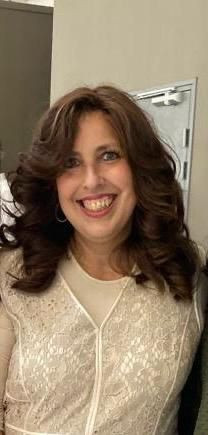
Hashem’s Hand in the Most Unexpected Places
A word from the desk of Chana Shayna Gurwitz, Frankfurt, Germany
Several years ago while reading The Midrash Says on Parshas Vayetze, I came across an obscure story from the Midrash about Shlomo Ha’Melech. It had been revealed to him that his extraordinarily beautiful daughter was destined to marry a destitute, undistinguished man. Shlomo Ha’Melech was intrigued and staged a scenario in which he could observe the Hand of Hashem, instigating a chain of events that would lead to such an unlikely union. He placed his daughter in a locked castle on a remote island with seventy armed guards. Meanwhile…. A poverty stricken yet learned scholar from Akko seeking shelter in the night discovered an animal carcass, crawled inside for warmth and fell asleep. A bird of prey carried the carcass (future mail order groom included) to the tower rooftop and upon discovering the unexpected passenger wrapped in the carcass, dropped it there. The rest, as they say, is history.
I have had too many opportunities to share this inspirational story.
Too many of our children are struggling to find their zivugim (soulmates). We wonder me’ayin yavo ezri – from where shall my help come? Hashem can not only do anything, He can do it k’heref ayin – in the blink of an eye. None of my daughters-in-law arrived via flying wildlife but… notwithstanding the apparent mundane circumstances of my sons’ shidduchim, in essence, they may as well have. In both my capacity as a Shlucha for the past thirty-five years as well as a life coach, I have dispensed lots of advice (mostly good, I hope). My sons’ shidduchim processes, however, were basically me blindly groping in the dark. Baruch Hashem, and with the Rebbe’s brochos, my sons got married in spite of my ineptitude (yes, it’s a word). So, hurray for just “letting go and letting G-d’.
However, you’re not off the hook on blind faith alone. You are going to want a side of hishtadlus (personal effort) to go with that Bitachon (faith).
Why not try this on for size? In response to a frustrated single the Lubavitcher Rebbe advises: regard a perspective match with the same kindness you show yourself. “Your entire attitude with regard to a shiduch (match) will be a much happier and more positive one.”
And therein lies the formula to achieve our goal: faith in the power of Hashem's guiding Hand, coupled with our personal contribution.
May we be zoche to marry off all our children to their perfect mates in good health with Moshiach now!
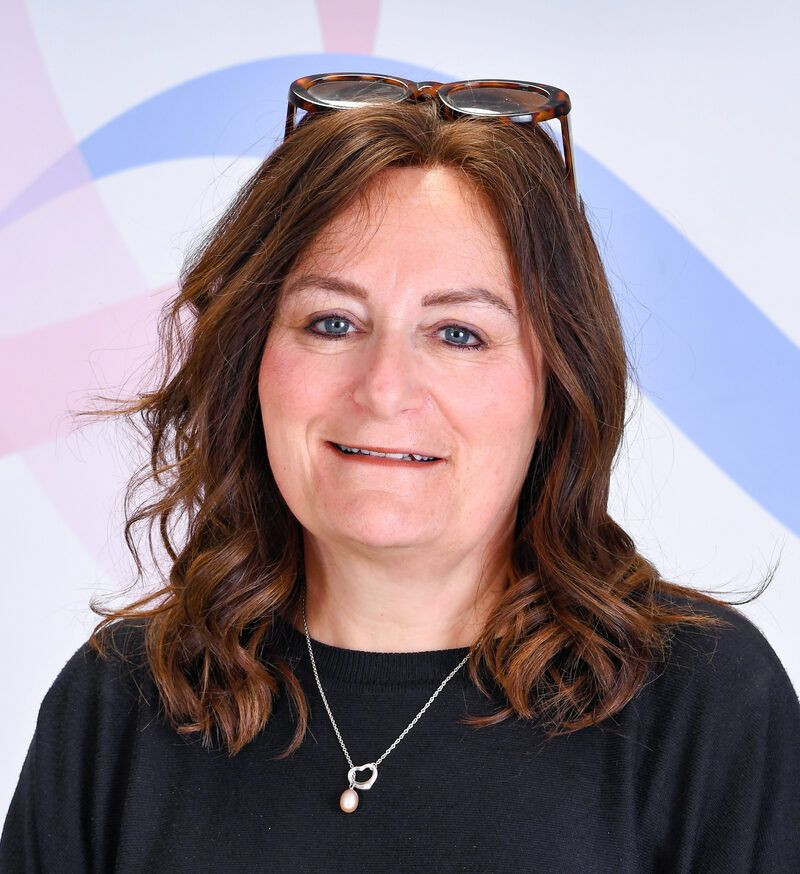
Believing Beyond What We See
A word from the desk of Rebecca Sarchi, Johannesburg, South Africa
"כְּשֵׁם שֶׁמְּבָרֵךְ עַל הַטּוֹב – כָּךְ מְבָרֵךְ עַל הָרָע."
"Just as one blesses for the good, so too must one bless for the bad."
Gratitude to Hashem is the foundation of a life filled with emuna (faith) and bitachon (trust). When I truly believe that Hashem is guiding every detail of my life with love and purpose, I begin to see even challenges as opportunities for growth.
When I sat at my oldest son’s bedside for the last time, the tears rolled down my cheeks.
Our beloved Chaim
The one who made me a mother
The one who made us grandparents
Returned his holy neshoma to his Creator.
Chaim was 37 years old. A father of two at the time - his wife due any day with the birth of their third child.
It was precisely at that moment that I found myself wanting to thank each and everyone of Klal Yisroel personally for their mitzvos, tehillim, tefilos and acts of kindness that they all did for Chaim in the last two-and-one half weeks of his life.
And although the outcome was not one that anyone could have desired, it was the outcome that Hashem wanted!
I knew one thing, with absolute certainty that every tefilla or kapitel tehillim that was uttered formed a beautiful carriage that accompanied Chaim straight up to Gan Eden.
Just like a father sometimes says NO to his child, so too Hashem, our Father’s answer to us was NO. Chaim’s time on this earth had come to an end.
I was sure that no tefilla was in vain, and that as Chaim took leave of this world and soared ever higher - he took with him all of everyone’s mitzvahs and tefillos.
Whilst I knew that the devastation was real, the loss painful and the future scary, I also knew, with absolute conviction, that Hashem directs every minute detail of this world. I knew I needed to say: “Thank You Hashem” not only for our revealed blessings, but even for the hidden ones.
So too, we must believe - with perfect faith - that each experience in the process of discovering the right shidduch for our beloved children, brings us one step closer to that goal and the revealed blessings therein.
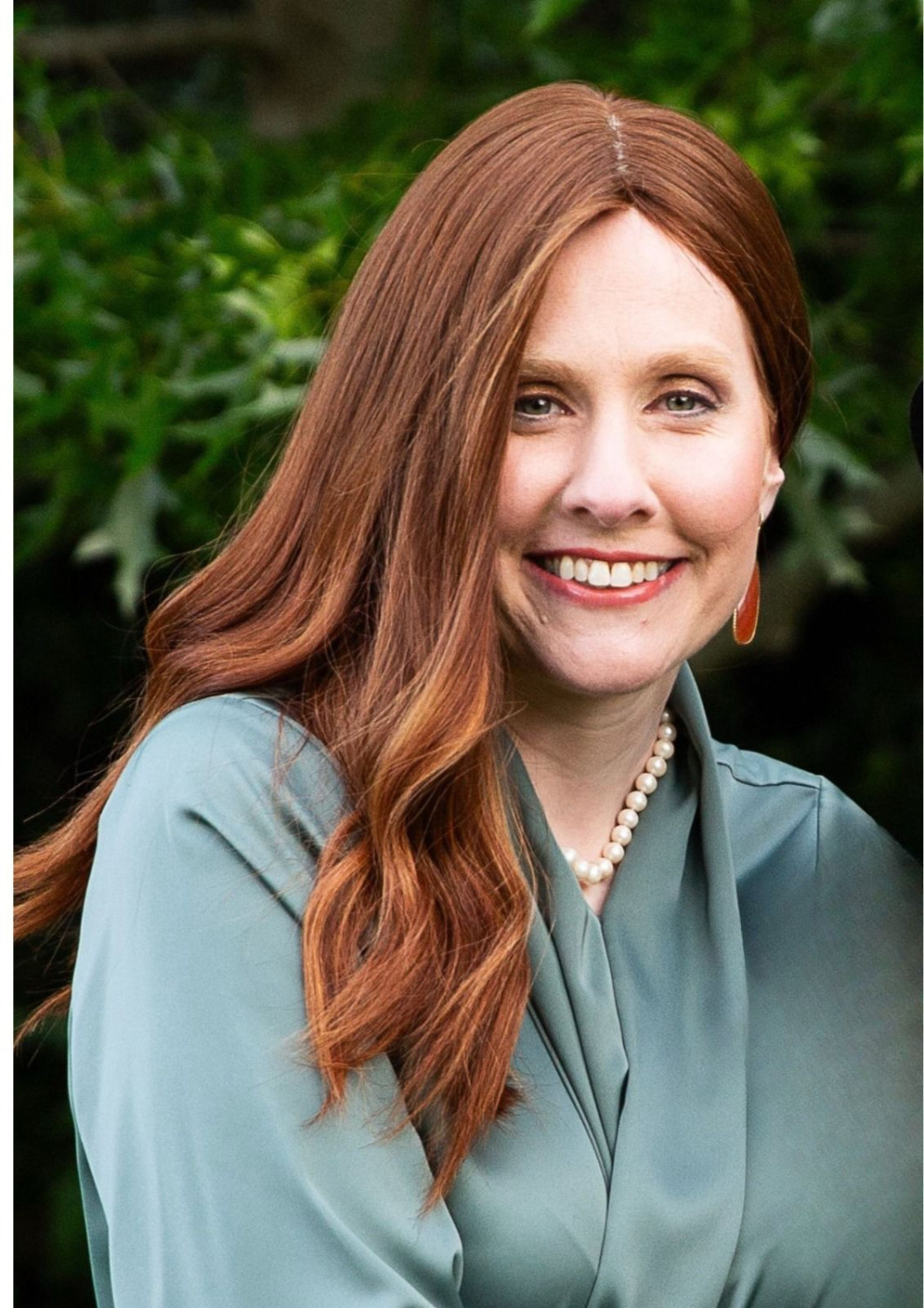
A Legacy in Loaves
A word from the desk of Miri Lipskier, Melbourne, Australia
Brocha Metzuya Be’isa – The blessing was found in her bread.
Sara’s weekly loaves are described in the Torah as having been filled with blessing – for her home, for the souls whose lives she had transformed, and for her son, who relied on the return of this very blessing to ascertain whether he was meeting the right one – his true soulmate.
This source of brocha continues to be found in each of our homes as we clasp a fistful of dough and echo our Matriarch Sara’s words and whispered prayers. All three mitzvos that Sara kept scrupulously were gifted to us along with a personal Eis Ratzon – a time of favour, opportunity and grace – for the brochos Hashem is waiting to shower upon us.
It’s weekly tap-in time. Where voices of our mothers and grandmothers reverberate, as dough crusted hands separate a portion of our toil and exertion for Hashem, reflecting the knowledge and faith that Hashem will provide.
As my guests sit around the Shabbos table and the home is brightened and animated with the sounds of Divrei Torah, warm chatter and song, the challah and the blessings that it holds remains the magic that hasn’t left the menu for centuries. I’m a daughter of Sara, and it is her recipe that blesses my home. Brocha Metzuya Be’isa.
Sources:
Rashi Breishis Perek 24, Possuk 67. Based on Breishis Rabba.
Likkutei Dibburim, Chelek 3, א'מו
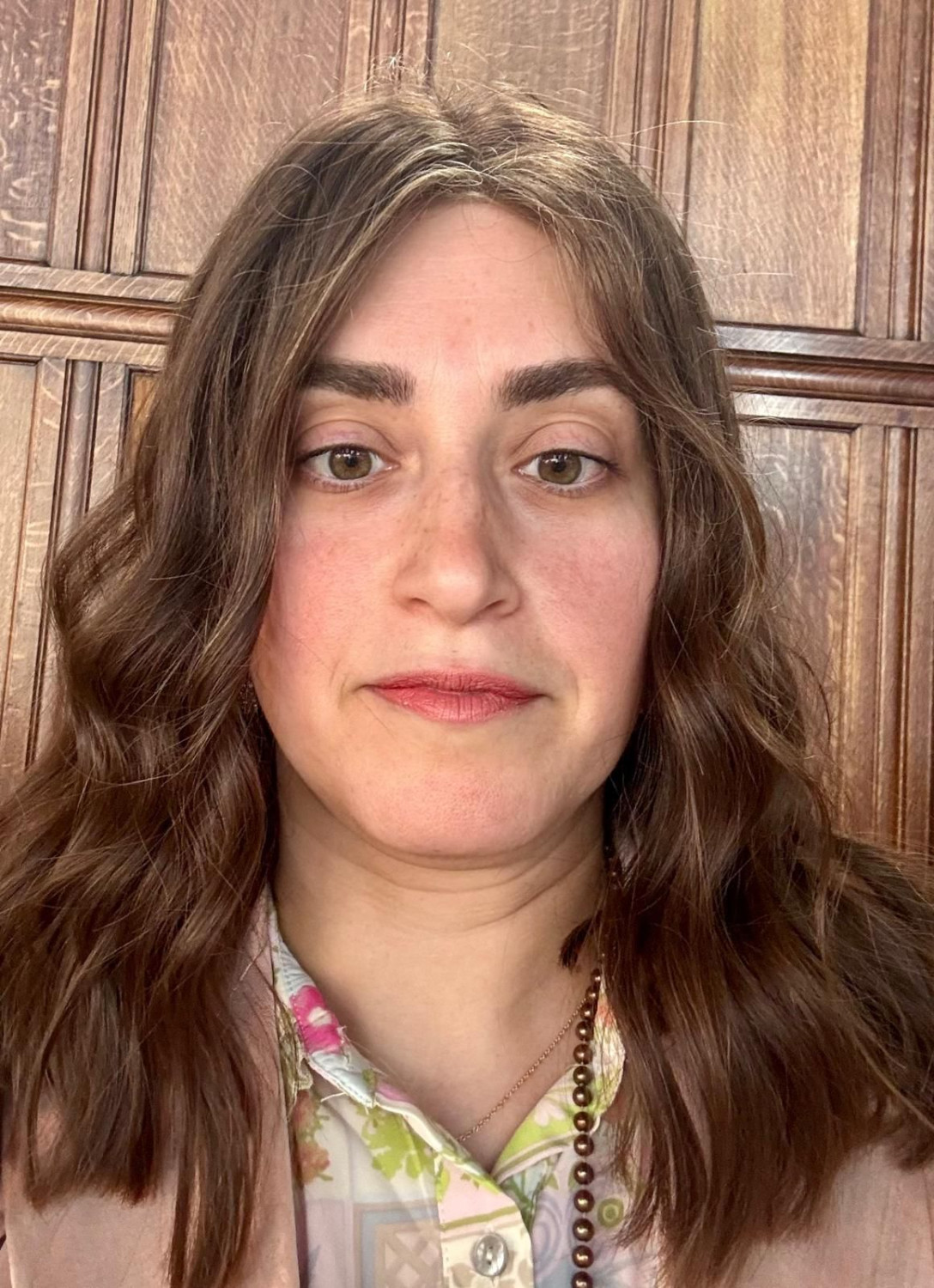
Finding Geula Today
A word from the desk of Rivky Cohen, Manchester, England
I was asked to write something inspiring, but to be honest, I’m figuring things out too. I came across this on a friend's status : “Maybe the journey isn’t so much about becoming anything. Maybe it’s about un-becoming everything that isn’t really you, so you can be who you were meant to be in the first place.”
That resonated deeply because I’ve been using these three questions by Dr. Chatterjee each morning as a focus and reminder of who I want to show up as: What is one thing I’m grateful for? What’s important? What quality do I want to embody today? You choose only one response for each - it’s simple, minimalist, and doable. Somehow they help me un-become - they strip away the noise and external expectations and bring me back to focus on who I really can be underneath it all.
This is especially important for all of us in complex and difficult seasons. When life feels uncertain we often think we need to fix ourselves or become better versions of ourselves. But maybe we just need to remember who we already are.
And this feels especially relevant now, in the time of the three weeks. We all are waiting for something... For that next breakthrough, that next exhale, that next patch of quiet. We are all waiting for the healing, the rebuilding in all the mini-moments and the big ones too.
In this waiting, those three morning questions help me do exactly that - they’re not about adding more to who I am, they’re about clearing away what doesn’t belong so I can see myself with greater clarity.
We know Hashem is with us in the waiting - we aren't alone. The waiting itself is part of the un-becoming - stripping away what we think we need to be so we can discover who we truly are.
Geula is the goal and it turns out, Geula is within me, in the moments when I return to who I truly am, through this un-becoming of everything that isn’t truly me, I emerge aligned, whole, and beautiful, as Hashem intended. This is daily Geula; simple small shifts, tiny true moments. “We want Moshiach now!”- bringing Moshiach in the present moment, in my life right here, right now!
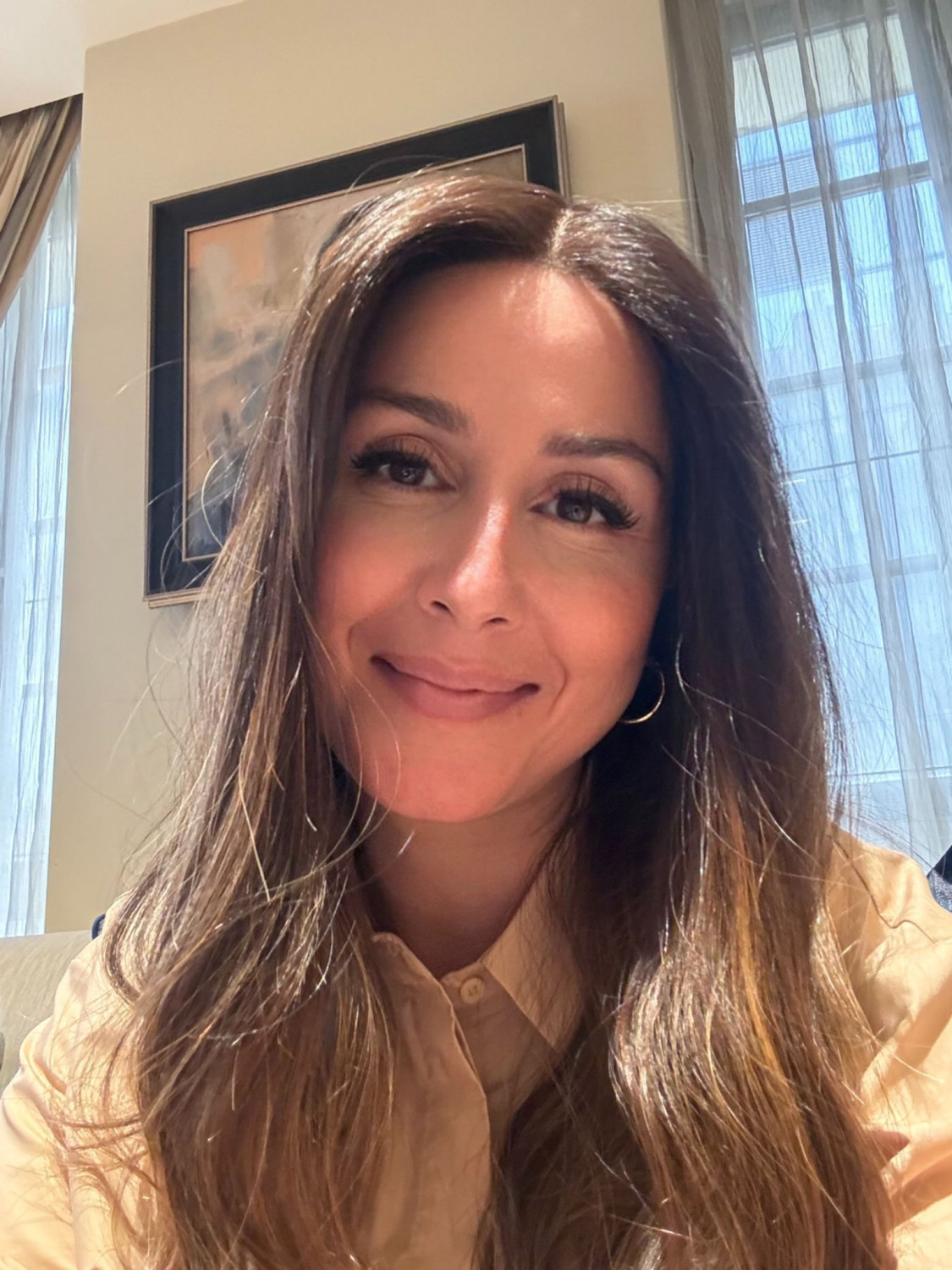
We Carry One Another
A word from the desk of Simcha Abergel, Singapore
There’s something extraordinary about the Jewish people: we don’t just live side by side, we carry one another.
The Midrash teaches that when Bnei Yisrael stood at Har Sinai, they were “k’ish echad b’lev echad” like one person with one heart. That unity wasn’t just a prerequisite for receiving the Torah; it’s the foundation of our strength.
In every generation, it’s the quiet, steadfast mitzvot of women that uphold this unity. From lighting Shabbos candles to offering heartfelt Tefilah ( prayer) women create the spiritual threads that hold our communities together.
When one woman prays, her voice joins thousands. When she gives tzedakah, uplifts a friend, or hosts with love, she strengthens the entire community. Hashem often sends bracha not in response to one voice, but to the chorus of many.
Stay close to your sisters. Lean into the power of shared purpose. Our unity is not just emotional, it’s spiritual. It draws down protection, healing, and hope for us all.
Together, we don’t just survive, we build, we rise, and we carry one another forward.
Source: Shemos Rabbah 19:2, Rashi on Shemos 19:2
- 1